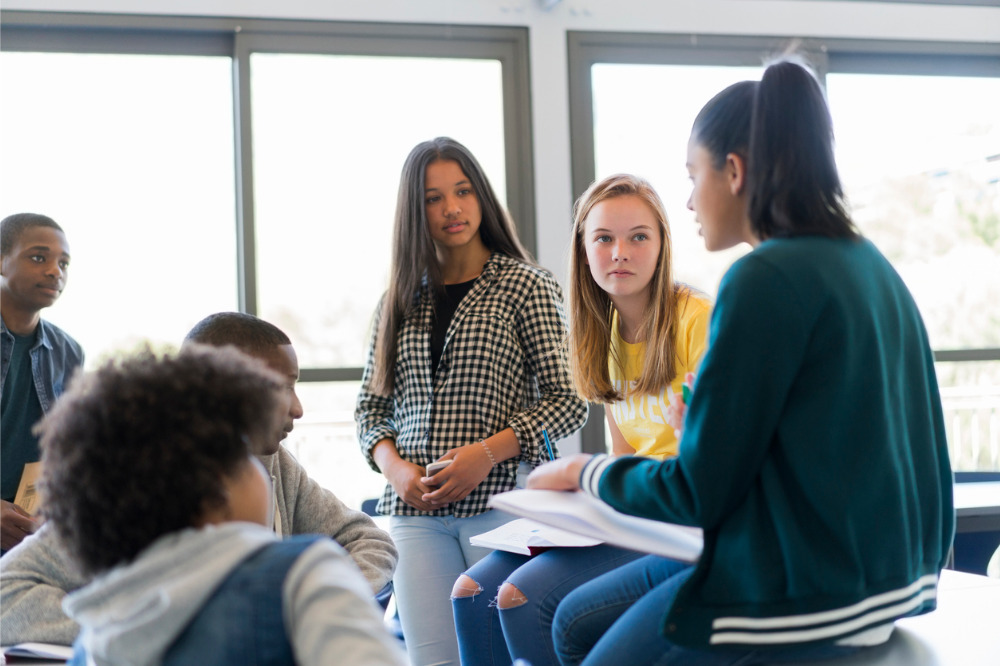
University of Western Sydney’s Rachael Jacobs has established a new program that employs an arts-based approach to anti-racism education.
The Deep Harmony program employs a combination of storytelling, drama, and Bollywood-themed dancing with guided practical modules to create a comfortable space for students to engage in conversations about racism and how to combat it in everyday life.
“When people engage through the arts, they find different pathways through some of the challenging parts of anti-racism work,” said Jacobs, noting how discussing racial issues can often lead to feelings of shame, guilt, hurt and defensiveness.
The six-week program has run at a number of schools in NSW, including Moorefield Girls High School in Dharawal Country.
Moorefield Girls High principal Natalie Hale said the program was an incredible success and especially helpful for a school representing over 60 different cultural groups.
“We’re trying to build the right knowledge and the right skills for kids to make sure racism isn’t present in their lives – give them the skills to recognise it, and the confidence to call it out,” said Hales. “The program has been phenomenal; the message is delivered in exactly the right way to embrace it.”
The program that ran at Moorefield Girls High School was tailored for students in Year 7, but Jacobs said it also has the scope to be taught from Years 4 to 12.
“The feedback from the students has been amazing,” she said. “They, of course, enjoyed the drama and dance aspects but they also said there were parts of racism they didn’t know about – they had seen elements of it and were uncomfortable with certain situations, but couldn’t name what it was until they did the Deep Harmony program.”
The Deep Harmony program was funded by the Australia Council for the Arts.
“[The students] learn to co-operate together through different cultural groups and they have learned to be more open to change and to respectfully engage in other people’s art forms and do cultural appreciation rather than cultural appropriation,” added Jacobs.


